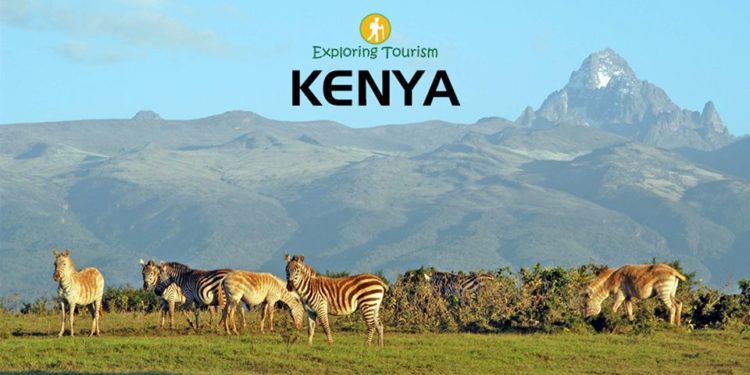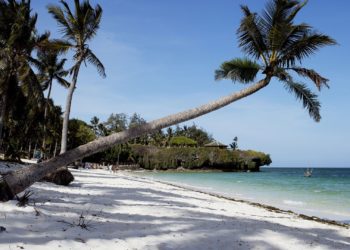Tourism remains one of Kenya’s most influential sectors, widely recognized for its rich wildlife, diverse landscapes, and vibrant cultural experiences. The country continues to attract millions of travelers each year, drawn by its national parks, coastal beaches, and unique heritage. As a leading destination in East Africa, Kenya has established itself as a global hub for safari travel, adventure, and cultural tourism, contributing significantly to employment and national revenue.
Kenya’s appeal is rooted in its natural beauty and biodiversity. Visitors from around the world come to witness iconic experiences such as the Great Migration in the Maasai Mara, the snow-capped peaks of Mount Kenya, and the tropical coastline stretching from Diani to Lamu. The combination of wildlife, beaches, and cultural richness positions Kenya as a uniquely multi-experience destination. Domestic tourism has also grown steadily as more Kenyans explore local attractions, supporting the hospitality and travel industries throughout the year.
In recent years, the tourism sector has shown resilience despite global challenges. Growth in infrastructure, including improved roads and expanded airline routes, has increased accessibility for both local and international tourists. The government and private sector continue to invest in conservation and community-driven tourism, recognizing the importance of protecting natural habitats while empowering local communities. These efforts help maintain Kenya’s competitive edge, ensuring visitors experience both environmental sustainability and authentic cultural connection.
At the same time, the sector faces challenges such as climate variability, fluctuating global travel patterns, and rising operational costs for hotels and tour operators. While Kenya has maintained strong brand recognition internationally, continuous marketing and digital innovation are necessary to remain competitive. Trends like eco-tourism, adventure travel, and digital travel planning are influencing how visitors engage with destinations, and Kenya is gradually adapting to these emerging expectations.
Looking ahead, tourism presents significant opportunities for economic diversification, job creation, and global brand positioning. With its combination of wildlife, culture, and coastal attractions, Kenya is well-placed to expand its tourism offerings and enhance visitor experiences. Continued investment in digital promotion, conservation, safety, and infrastructure will play an important role in shaping the sector’s long-term sustainability and growth.
Kenya’s tourism sector remains a cornerstone of the nation’s identity and economic landscape, blending nature, culture, and hospitality in a way few destinations can match. Its future depends on continued collaboration across stakeholders, innovation in marketing, and a commitment to preserving the natural treasures that make the country so remarkable.
CTA:
Take the first step toward smarter, simpler investing today with the Cytonn Money Market Fund — designed for stability, transparency, and growth.
📞 Call +254 (0) 709 101 200 or 📧 email sales@cytonn.com to learn more.
















